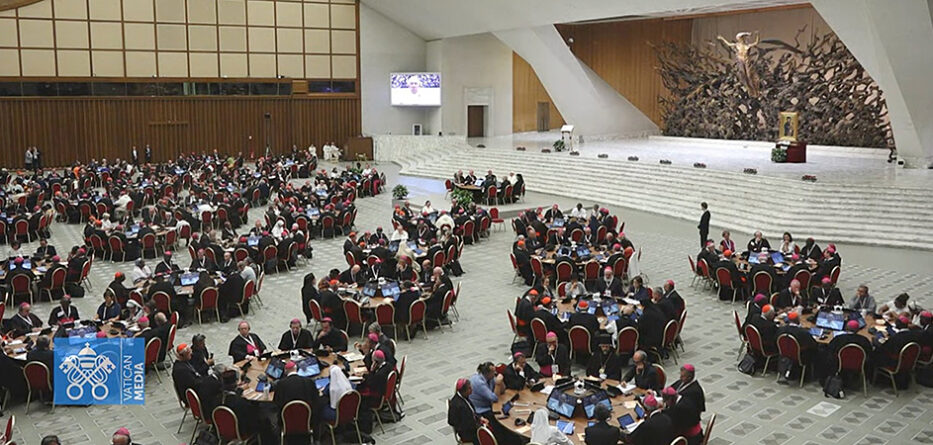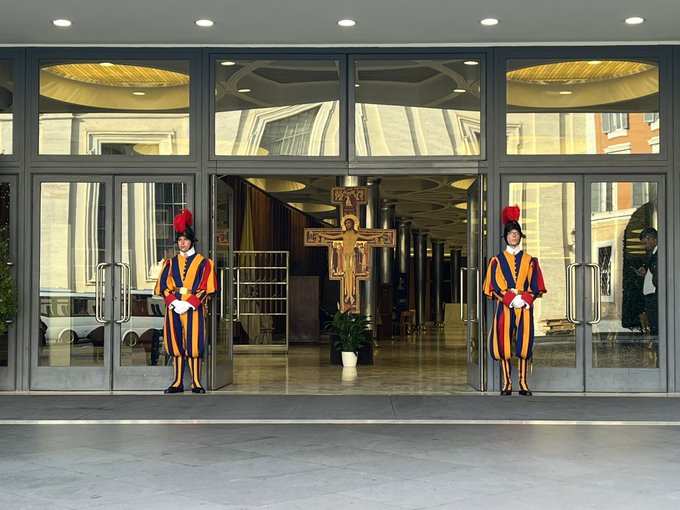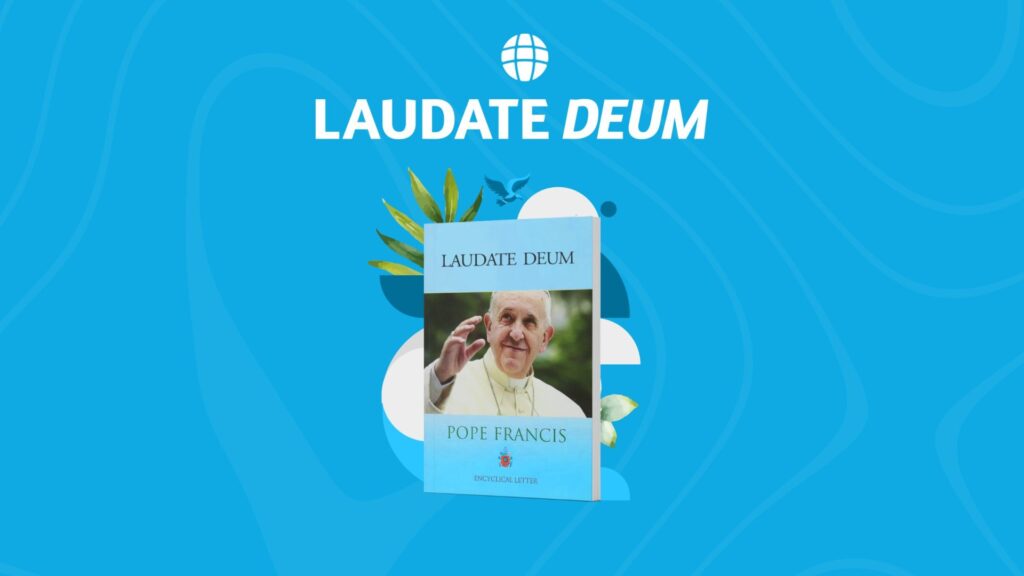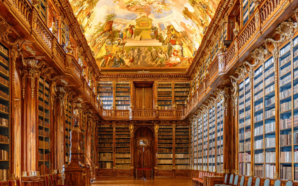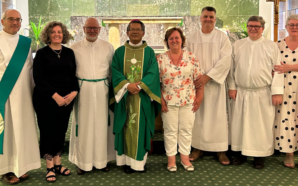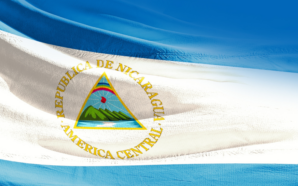Over the holiday break, Catholic Outlook is showcasing some of its most viewed, inspiring and thought-provoking articles from 2023.
Throughout October and November, Br Mark O’Connor FMS, Vicar for Communications for the Diocese of Parramatta and the Pope Francis Fellow at Newman College, University of Melbourne, reported on the Synod of Bishops on Synodality in Rome.
This was his second letter, originally published on 9 October 2023
Dear Friends,
In the chaos of contemporary life and even inside the Church, we are all tempted to lose hope.
But these days, in Rome, the Spirit of the Risen Jesus is hovering over the ‘chaos’.
The Spirit is breaking through and breathing new life into the Universal Church, through this global Synod – which aims to renew our Church.
In his poem, Put Your Ear to the Ground, Dom Hélder Câmara urges us all to shun bitterness and to listen for signs of hope and the Lord’s presence in our daily lives:
Put Your Ear to the Ground
Put your ear to the ground
and listen,
hurried, worried footsteps,
Bitterness, rebellion.
Hope
hasn’t yet begun.
Listen again.
Put out feelers.
The Lord is there.
He is far less likely
to abandon us
in hardship
than in times of ease.
– Dom Hélder Câmara
1. Emerging signs of hope
Pope Francis has decided to ask the Synod participants to listen to each respectfully and to honour the confidentiality of the small group process that has begun. He wants to avoid polarisation and division and stresses the spiritual nature of the event. It is not a ‘parliament’, but a new way of being Church attentive to how the Spirit is speaking powerfully – even in silence.
However, putting my ‘ear to the ground’, I could observe some very clear signs of hope and unfortunately also the machinations of a minority, of those who seek to sow doubt and division.
Curious about the listening process happening in those small groups gathered around round tables at #SynodonSynodality? Watch this video. https://t.co/16a2fujObz
— Ricardo da Silva, S.J. (@ricdssj) October 7, 2023
The first sign of hope was the retreat before the Synod. It was extraordinary and clearly deeply moved many delegates. Timothy Radcliffe OP set the tone for an exciting first week to follow. (See the wonderful analysis by Robert Mickens here)
The next was the importance given to the process of listening and conversion.
The entrance to the Synod hall: with its San Damiano Cross reminded us that spiritual renewal of the Church is a central focus of this Synod. This is a replica of the cross St Francis of Assisi is said to have been praying in front of when he received a divine commission to “rebuild” the church.
The layout of the Synod with the round tables signifies the very different process that this Synod is adopting.
It gave us a powerful image of how Pope Francis’ process for the Synod on Synodality is helping shift the feeling that the truth resides at the top of the hierarchy.
It was really striking to see Pope Francis addressing the synod not from the stage, where we usually see him, but from one round table among many.
Indeed, Pope Francis offered his opening remarks to the Synod from a roundtable, surrounded by tablets, saying that if you have disagreements with your sister or your bishop, say it to their face, not behind their backs.
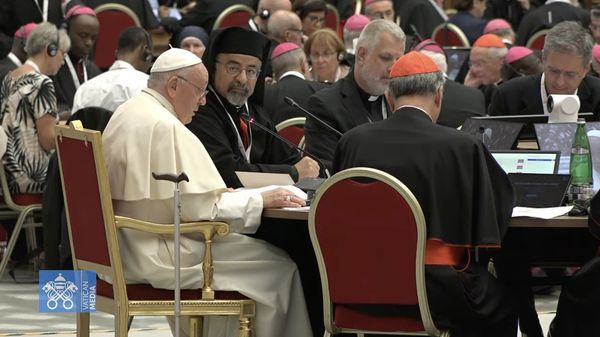
Pope Francis is seen at a roundtable during the Synod of Bishops on Synodality assembly in Rome in October 2023. Image: Vatican Media
This model is a very different type of Synod from those in the past where many outcomes were determined before the meeting had even begun!
For a great description of precisely how the process of the Synod is developing, I urge you to listen to Christopher Lamb of The Tablet’s podcast with papal biographer Austen Ivereigh where Austen clearly outlines ow does the new #synod process works.
Austen Ivereigh, who is also one of the expert advisers at the Synod and marvellously explains:
- The “big shift” to the small groups.
- The significance of the roundtables.
- Where things might be heading.
The message from the first week of the Synod is then, very clear. The Synod is primarily about transforming the life of the Catholic Church to become more responsive to the Spirit.
And as Fr Andrew Hamilton SJ brilliantly points out – “the effectiveness of the Synod will not lie in the quality of the speeches that are made, the majorities that are won on significant votes, nor in the changes to Church structures that are agreed upon. It will lie in the quality of the interchange between people at every level that is generated by the Synod.”
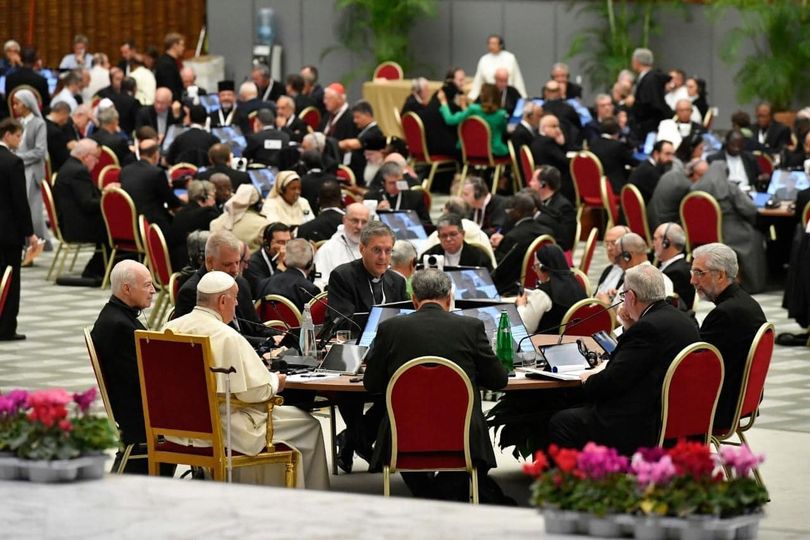
A view of participants during the Synod of Bishops on Synodality assembly in Rome in October 2023. Image: Vatican Media
Fr Hamilton sees the potential for Synod as an attractive model for the whole Church in all its relationships at parish, diocesan and national levels. This is precisely what we hope the exciting Diocese of Parramatta Synod this weekend will explore! (Learn about our upcoming synod here)
That being said, perhaps the final week or so of the Synod (and next year’s second session) will nevertheless likely come up with at least some concrete proposals, for this urgent renewal, that we need as Church.
For after all, for example, Canon Law is not frozen, and it can and has been developed many, many times in the history of the Church.
There can be a legitimate development of Church teaching on many critical issues – in the spirit of St John Henry Newman which is thoroughly compatible with orthodoxy.
I personally believe this Synod is primarily notable because it is showing concretely how a new relationship between lay people and the hierarchical Church and between men and women in the Catholic Church is possible!
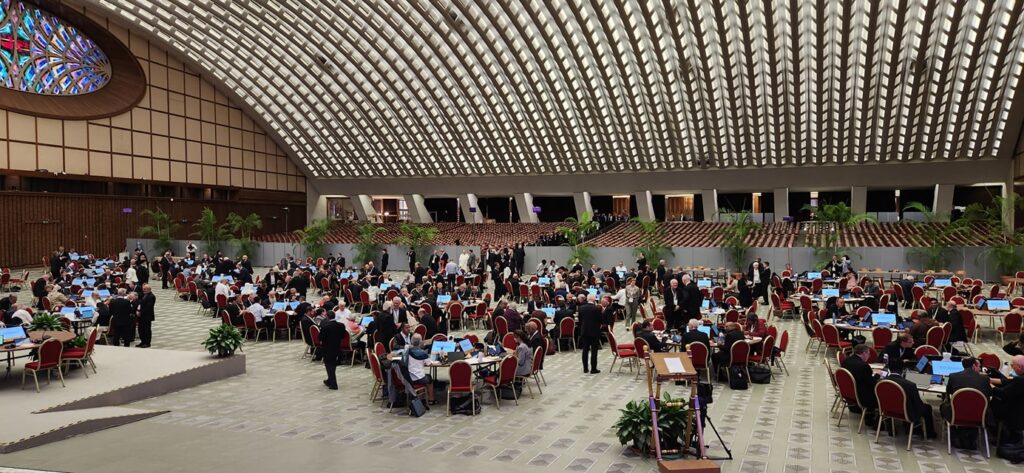
A view of participants during the Synod of Bishops on Synodality assembly in Rome in October 2023. Image: Vatican Media
Yes, we do need a future Church leadership that is willing to give up power in favour of new structures. The Church is definitely not a democracy. But neither is it a dictatorship – even a benevolent dictatorship!
Therefore, as Pope Francis never tires of repeating: Our future as a Church is not one of prohibitions and commandments, but a Church that lives in relationship with people and in relationship with Jesus Christ. That is the bottom line and I believe the Synod will show us the direction the pilgrim people of God must travel.
#Synod2023 participants have completed Module 1 today. After discernment on Section A of the Instrumentum Laboris, small groups finalized their reports on the distinctive signs of a synodal Church that have emerged from our journey. #WalkTogether #ListeningChurch #SacredSilence pic.twitter.com/ZZ0Hn87QUs
— 16 Ordinary G.A of the Synod of Bishops (@16SynodAssembly) October 7, 2023
2. The Usual ‘Prophets Of Doom’ Spread Their Poison
On the other hand, one must not be blind to the fact that there are some here in Rome who are, yet again, determined to disrupt and undermine the Petrine ministry of Pope Francis.
For example, five retired Cardinals, almost acting in the spirit of the Pharisees and the Doctors of the Law, tried to entrap and corner Pope Francis with some ‘Yes/No’ trick questions early in the week. It was a publicity stunt, and it did not work, thank God…
Pope Francis’s response was especially masterly and swift, as Vatican News reported.
And one Cardinal, a participant in the Synod, has ignored Pope Francis’s request for Synod confidentiality and already participated in an EWTN interview with media people who have made it clear for years that they despise Pope Francis and everything he stands for.
It is well known that behind these isolated voices are a tiny group of well-funded, largely USA-based reactionary Catholic media people and their ideological masters.
George Weigel, EWTN et al seem to have only clear principle: Apparently, the only person the Holy Spirit can’t speak through, is Pope Francis!
Michael Sean Winters has their measure in these recent analyses. See:
Observing, yet again, this negative campaign, I was reminded again of Dostoevsky’s short story entitled The Grand Inquisitor.
In the tale, Christ comes back to earth in Seville at the time of the Inquisition. He performs a number of miracles. The people recognise him and adore him but he is arrested by Inquisition leaders and sentenced to be burnt to death the next day. The Grand Inquisitor visits him in his cell to tell him that the Church no longer needs him. He keeps shouting at the silent Christ. Why have you come back again to trouble us? You have no right to add what you said before! So, don’t come to us anymore, we are in control now!
(For a great video clip and re-enactment of this scene by John Gielgud, click here.)
This marvellous parable captures the perennial problem of those in our Church who wish to assert power with an authoritarian mindset.
Ironically, this tragic behaviour may eventually also be a sign of hope! As these forces are obsessively revealing themselves as lacking in all Christian charity. ‘By their fruits you shall know them’.
3. An Urgent Plea To Save Our Planet
Pope Francis clearly doesn’t want us to be distracted by these petty voices, who focus on trivial ‘in-house’ issues, whilst our world is desperate pleading for hope and liberation.
That is why a final sign of hope I saw in this first week of the Synod, was Francis’s decision to forthrightly address one of the most serious threats facing humanity today – the environmental crisis. Pope Francis on 4 October, the Feast of St Francis, issued a clarion call for us to reject climate change denialism. It was no accident it was launched on the day the Synod opened.
Pope Francis in Laudate Deum lays out the contemporary challenge. We ignore it at our peril. In Laudate Deum, Pope Francis takes direct aim at the failure of human action on climate change on the global level.
Giorgio Parisi, the Nobel prize-winning physicist, says Pope Francis’ document on the environment “accurately describes the situation” based on scientific data. He is not afraid to point out that Francis is responding to climate change sceptics/deniers, including those inside the church. #LaudateDeum
Francis urges us to reject the technocratic paradigm is based on the flawed thinking that “reality, goodness & truth automatically flow from technological and economic power as such” (No. 20)
Pope Francis delivers a powerful, blunt message in Laudate Deum, that we ignore at our peril.
Conclusion
Meanwhile, the horrors of the war in Ukraine go on, the new chaos of war in the Middle East threatens so many and the ongoing suffering of so many, especially our own Australian indigenous peoples, whose ‘voice’ once more is in danger of being stifled and ignored.
Some of us, even within our Catholic community, might be tempted to discouragement that the Spirit is not following our ‘schedule’ for renewal.
But let’s continue to take heart that this Synod is even happening in this new way is extraordinary. In our ‘camino’ of faith, let’s continue to remind ourselves of Dom Hélder’s beautiful words of hope:
The Lord is there.
He is far less likely
to abandon us
in hardship
than in times of ease.
Read Br Mark’s first letter – ‘Trust the God of surprises! Letters from a listening and global Synod’




